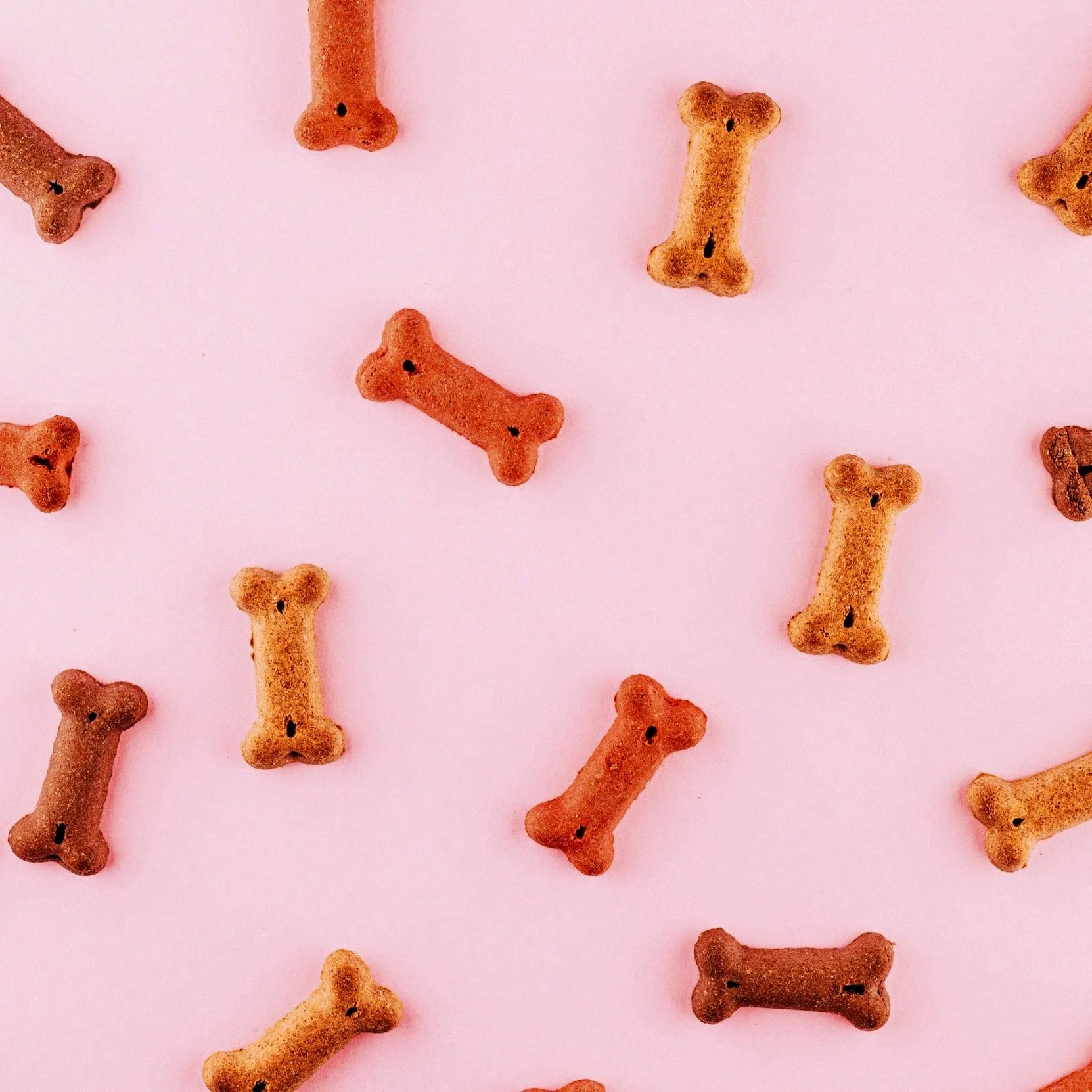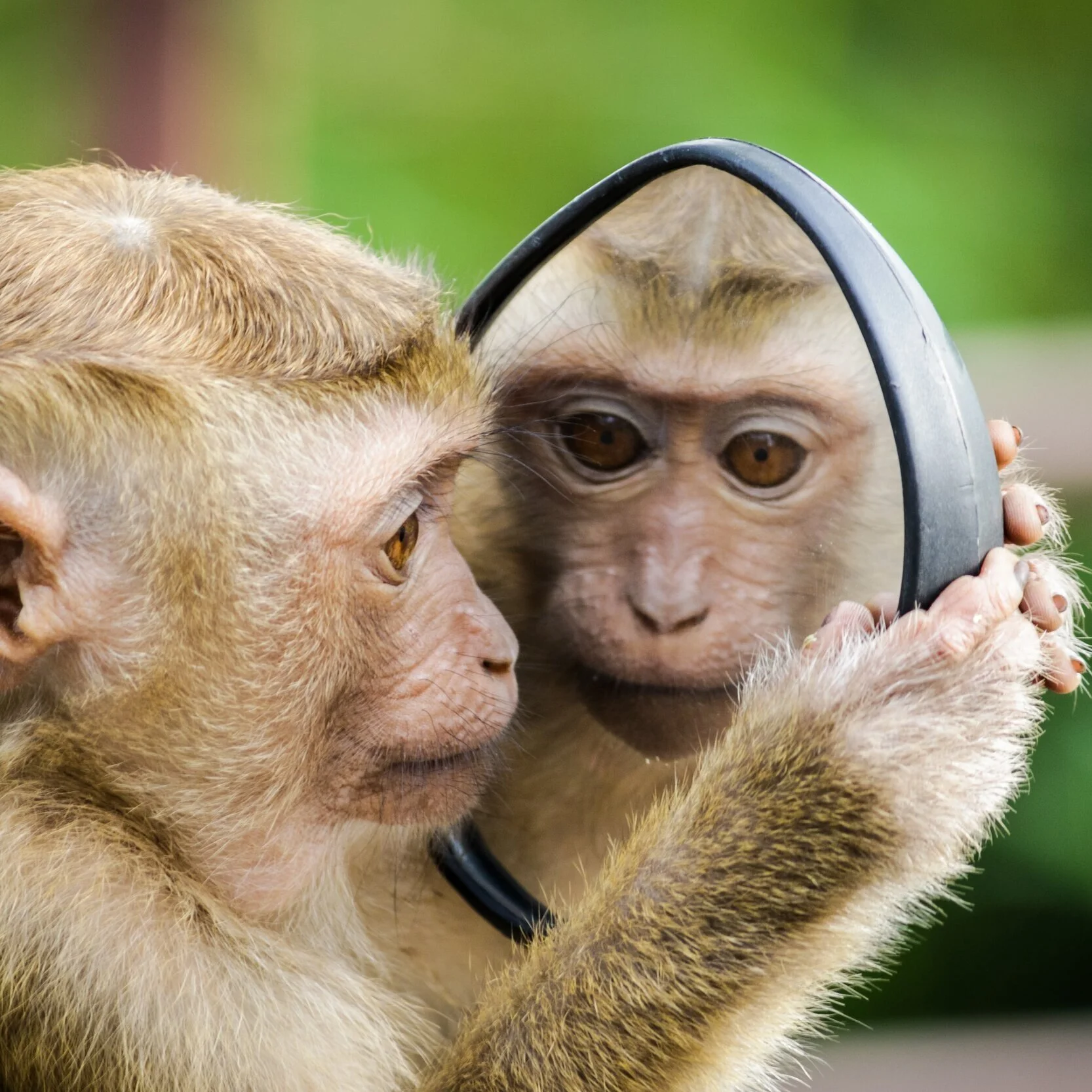In praise of praise
The other day on the pickleball court, my pal C. was having an off day. Many of his shots were stopped by the net or sailed out of bounds. Instead of grimacing, I gave him a wry smile, I tapped his paddle with mine. In pickleball parlance, the tap can mean anything from Great shot to I’m really glad to be here. On the same side. With you.
To be sure things were clear, I used my words.
Last night, it happened again. But I was on the receiving end of the comfort. After the wind carried a long ball into the far fence, my play partner shrugged it off. He looked over at me from the service box and said, Who cares. We’re having fun. And I like you.
The brain on praise is a beautiful thing. Praise activates the striatum, a cluster of neurons that produces dopamine in response to emotion and reward. To the receiver, social rewards can feel just as good as monetary rewards.
And giving praise trains your brain to notice positive things in the world. We can’t acknowledge what we don’t see.
Here are a few things I’ve noticed lately, about giving and receiving praise.
Praise goes a long way when training a puppy. I sent my Greta to a trainer for three weeks of boot camp. Instead, they should call it praise camp. Once the boundaries are set, all a pup needs is verbal and tactile reinforcement. When she does the right thing, look her in the eye. Tell her she’s a good girl.
Praise with humans should be specific. Studies show that for praise to resonate—and for it to be genuine—it has to be nuanced and clear. So, instead of Thank you, or Dinner was delicious, we might say, The chicken is so tender and the asparagus is perfectly cooked. I feel really special when you take the time to prepare a meal for me.
Praising ourselves is the hardest and most important. Buddha taught that we all are basically good. And yet, we’re so hard on ourselves. We can’t (and shouldn’t) entirely block out our inner critic, but we can give her less power. Once we extend kindness to ourselves, we also can release it to others.
Some days, I look in the mirror—or at my face on Zoom—and all I see the are the deep crevices between my eyebrows. The wrinkles in my neck remind me that I’ll never be Nora Ephron. No matter how many clever blogs I write.
And then I look over at the puppy, curled up on her bed at my feet. Praise has worked so well with her.
Good girl! I say to her.
Good girl! I say to myself.
That’s not super specific, I know. But I need to say—and to hear—something sweet and gentle.
For today, Good girl! does the trick.






